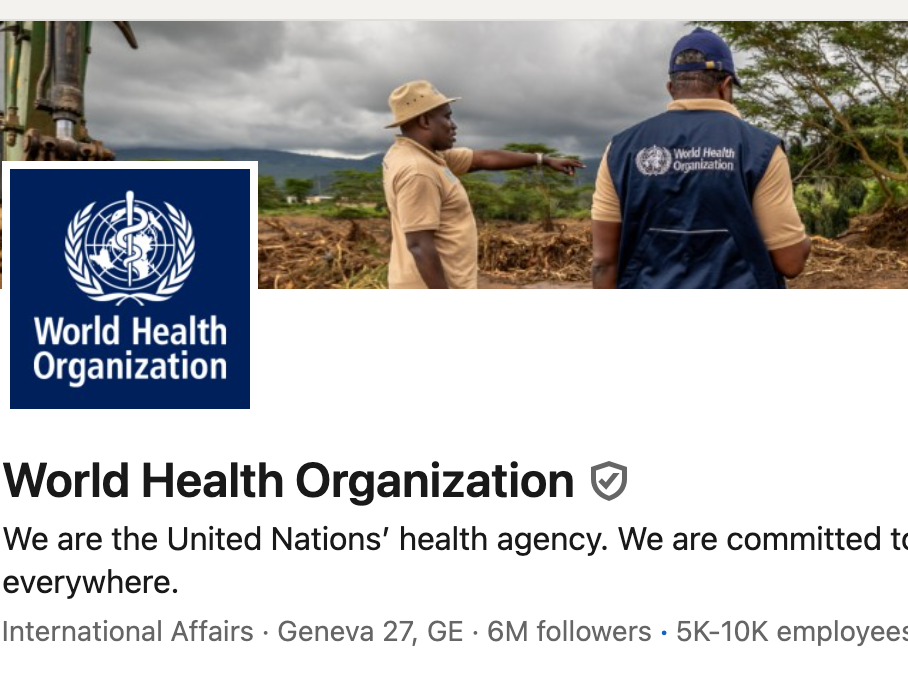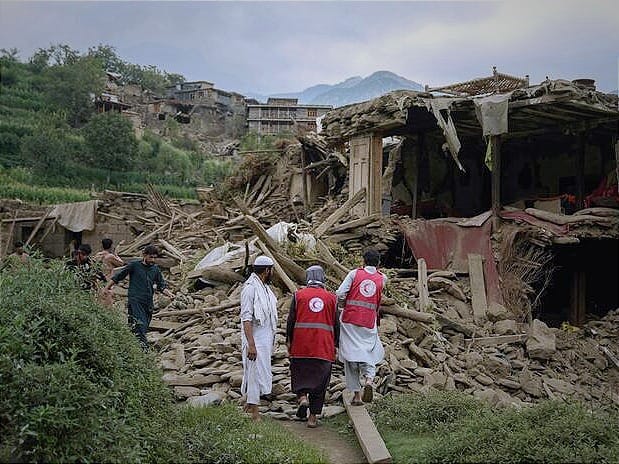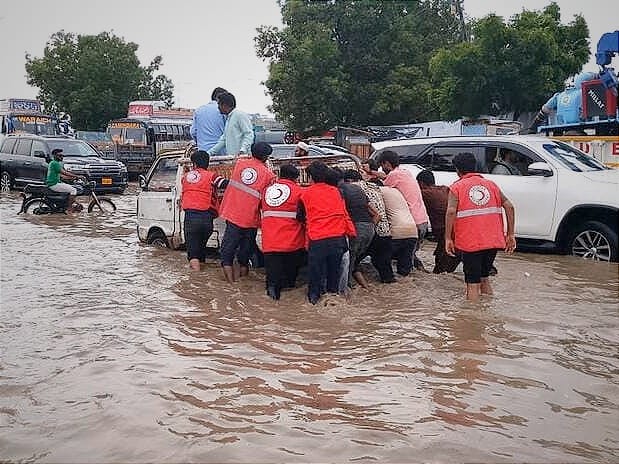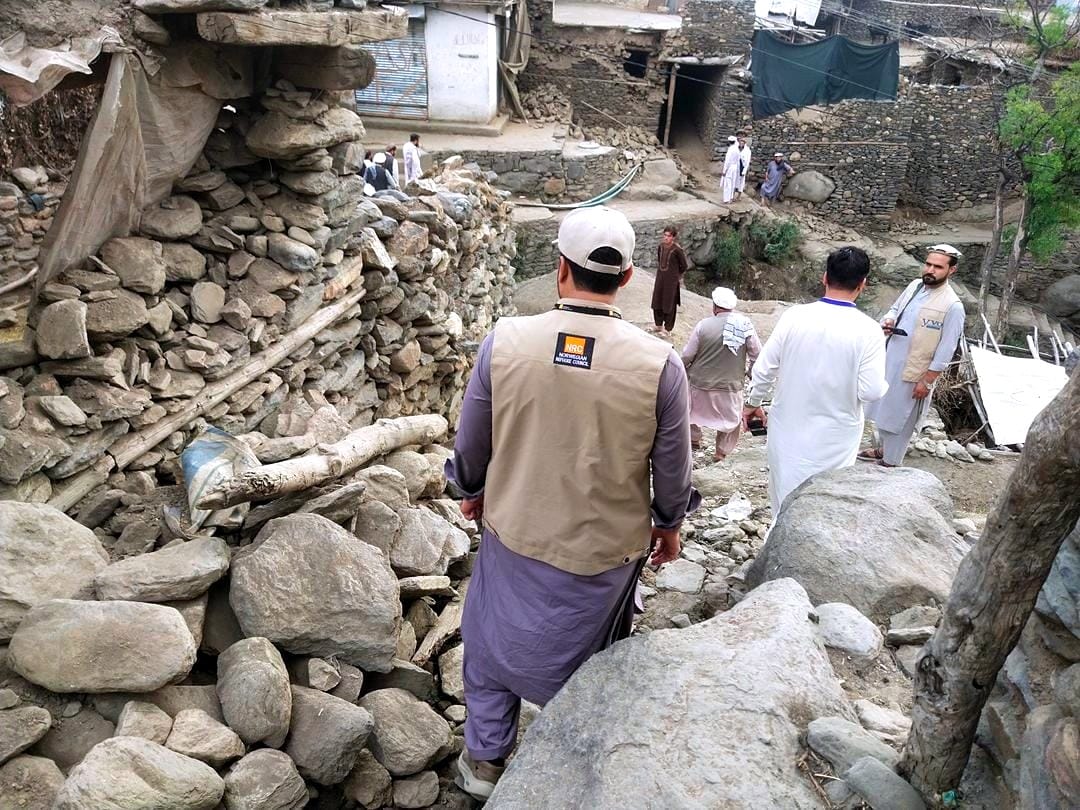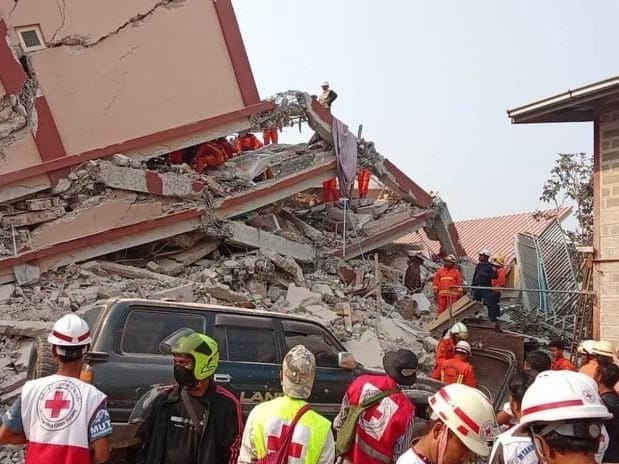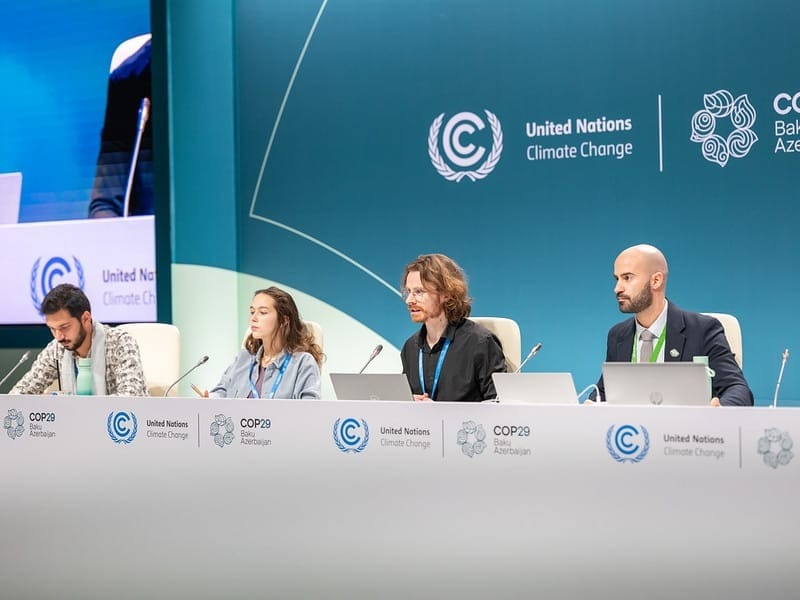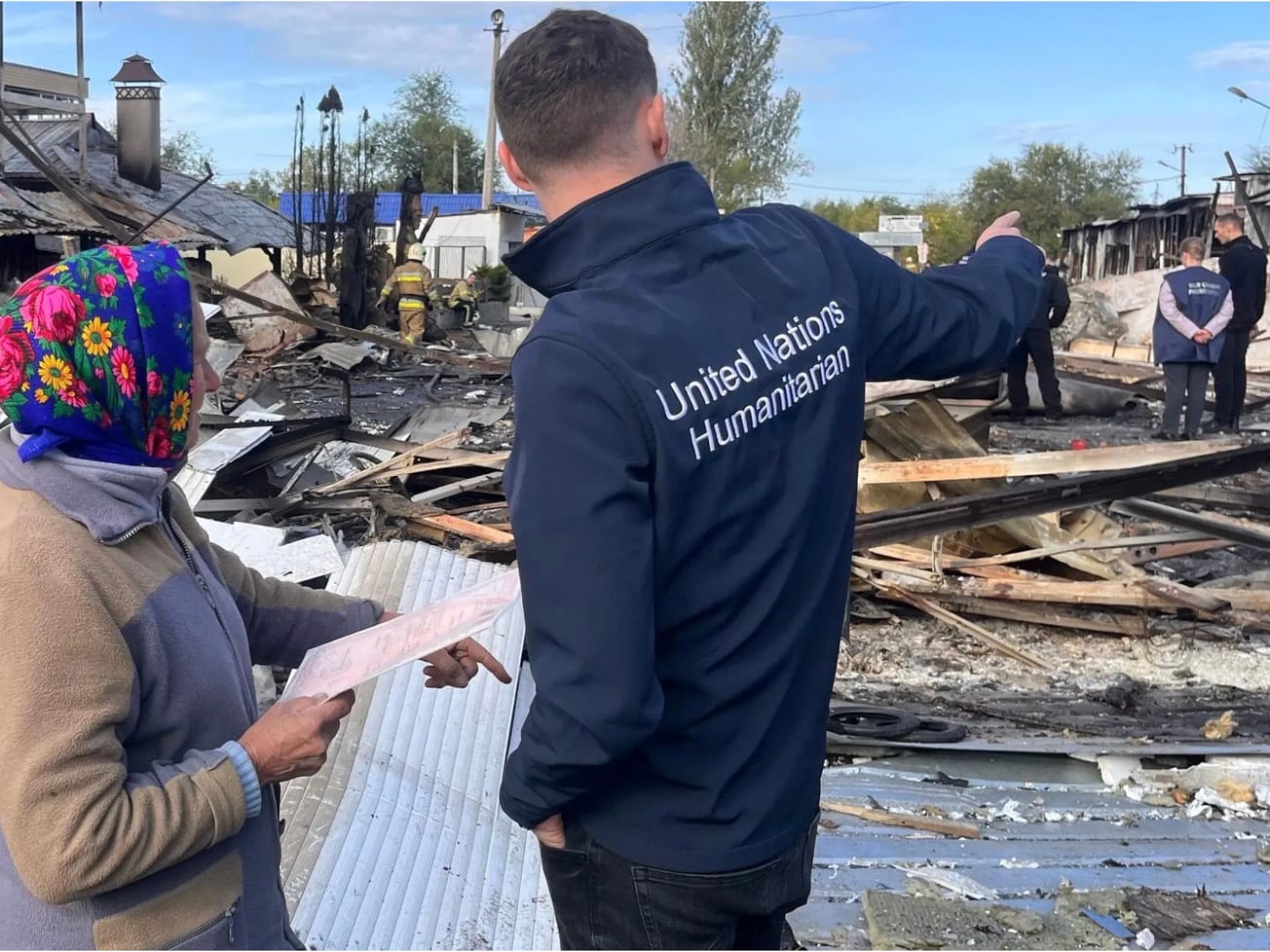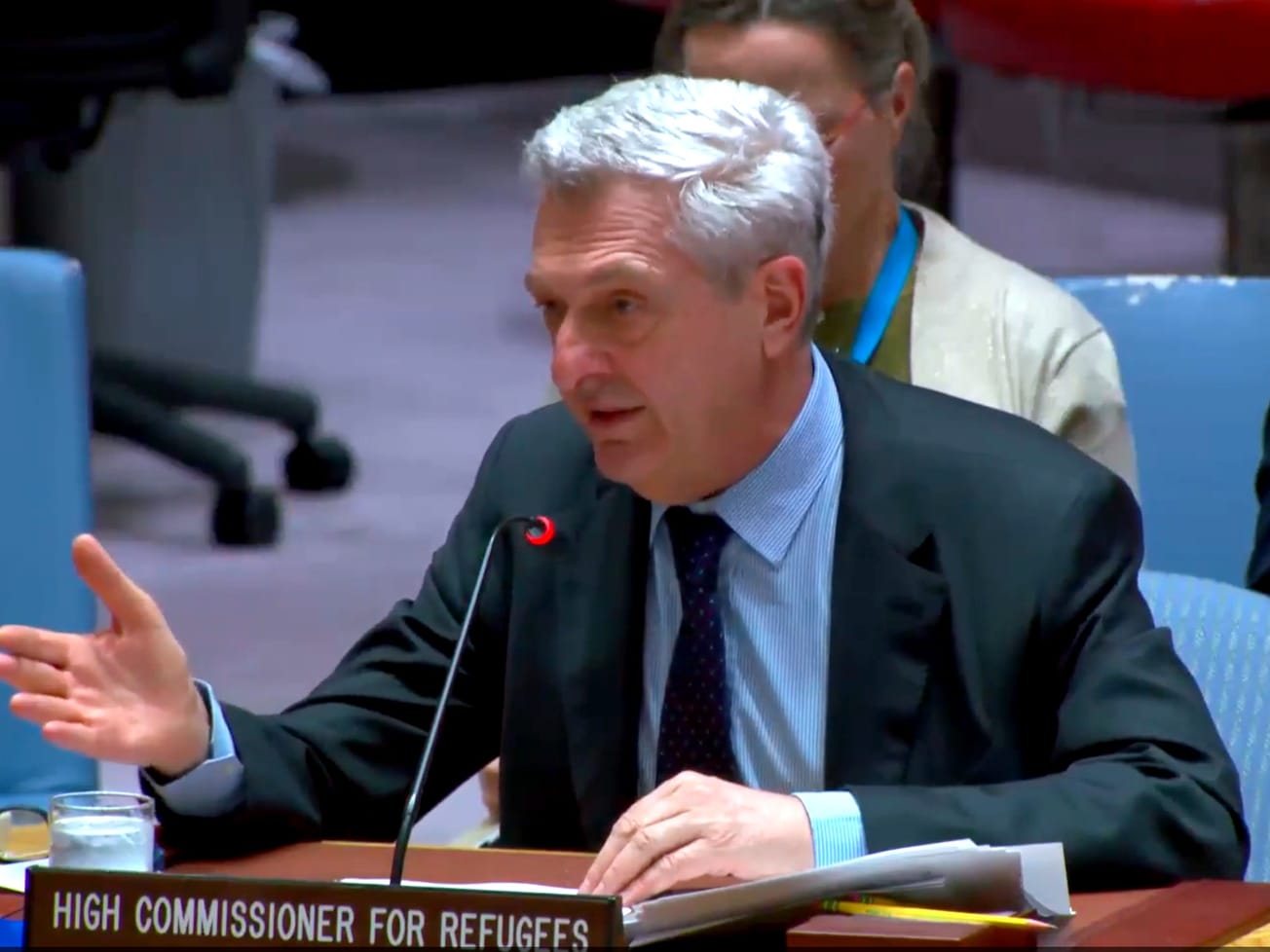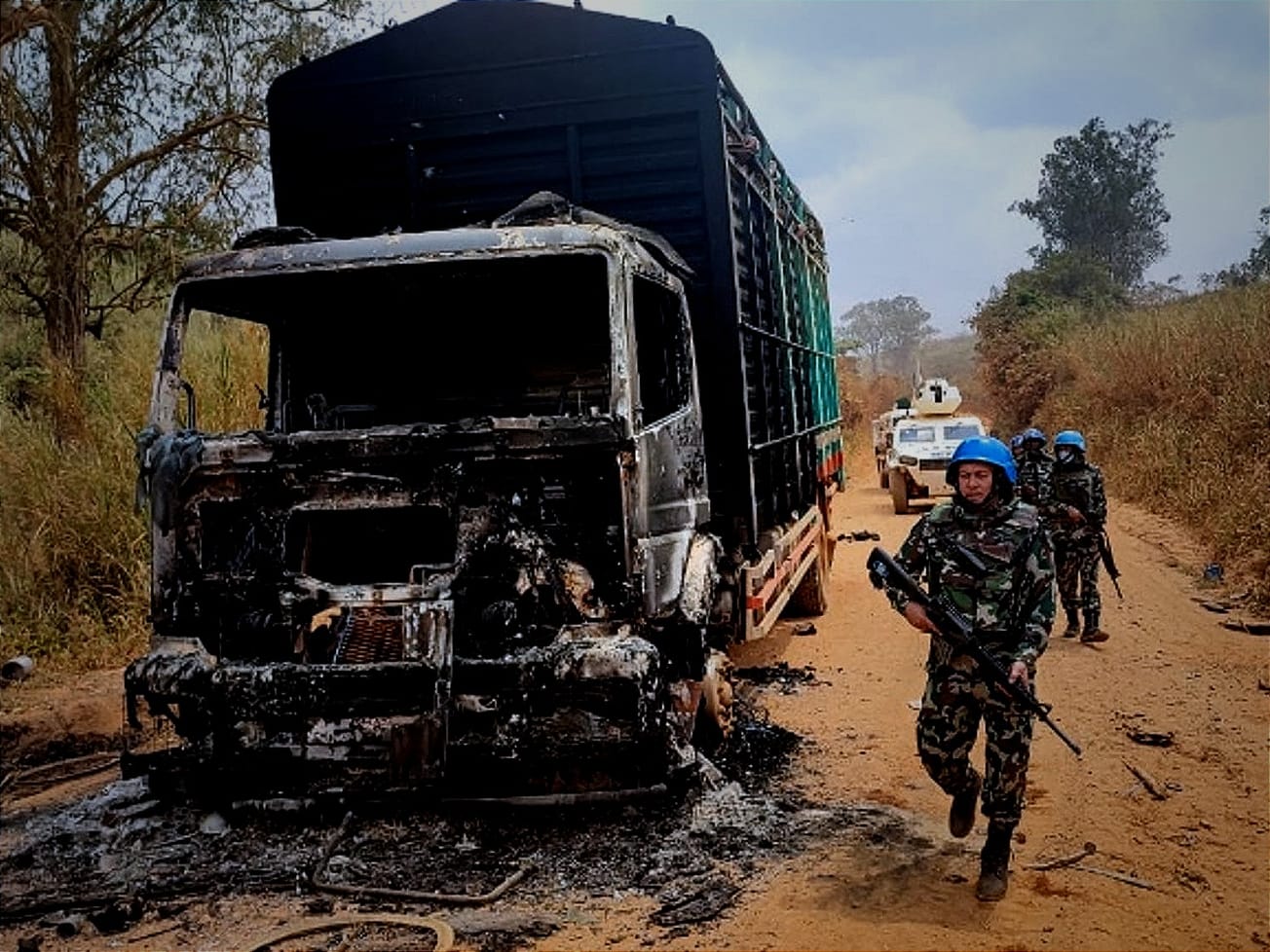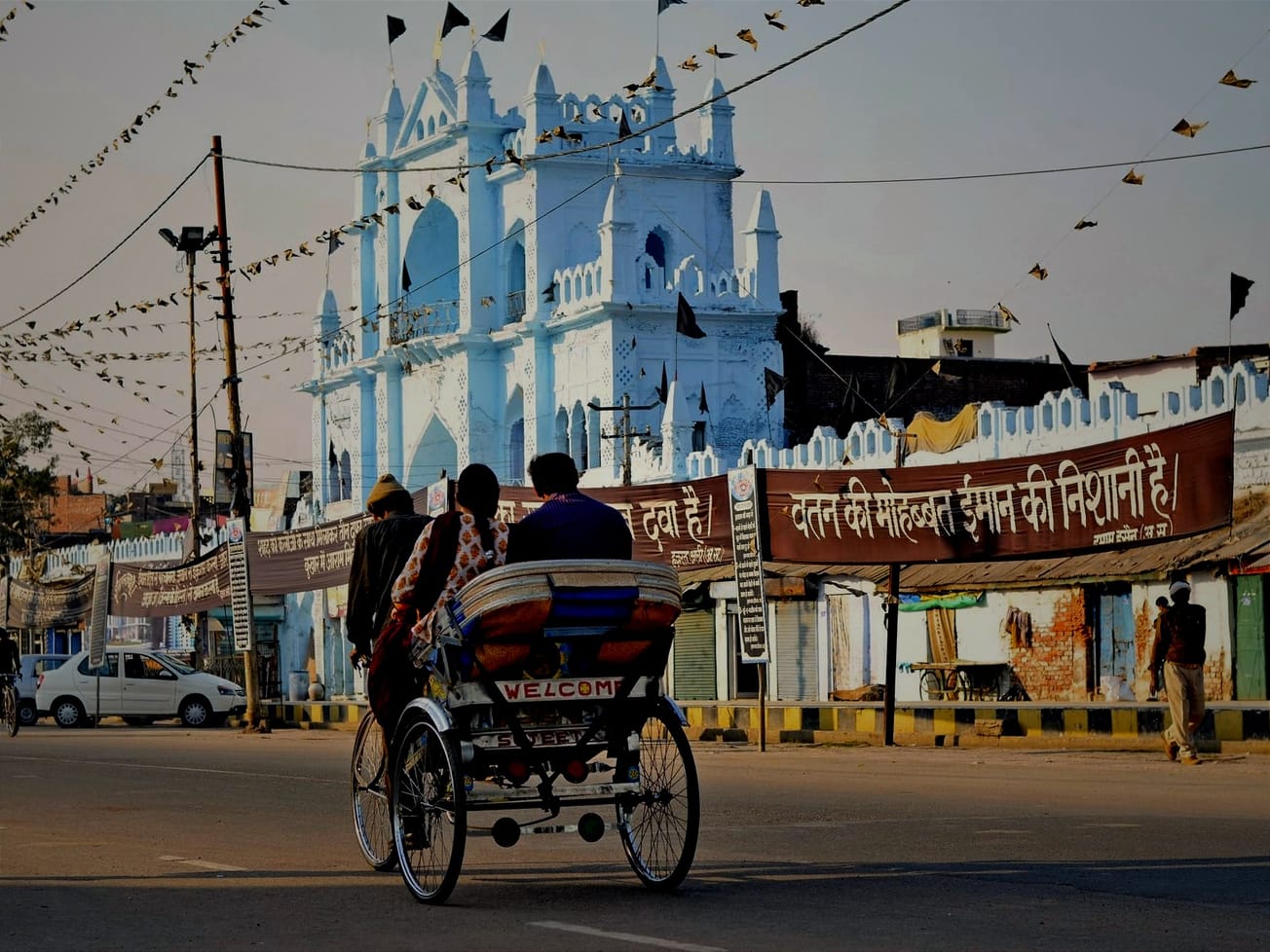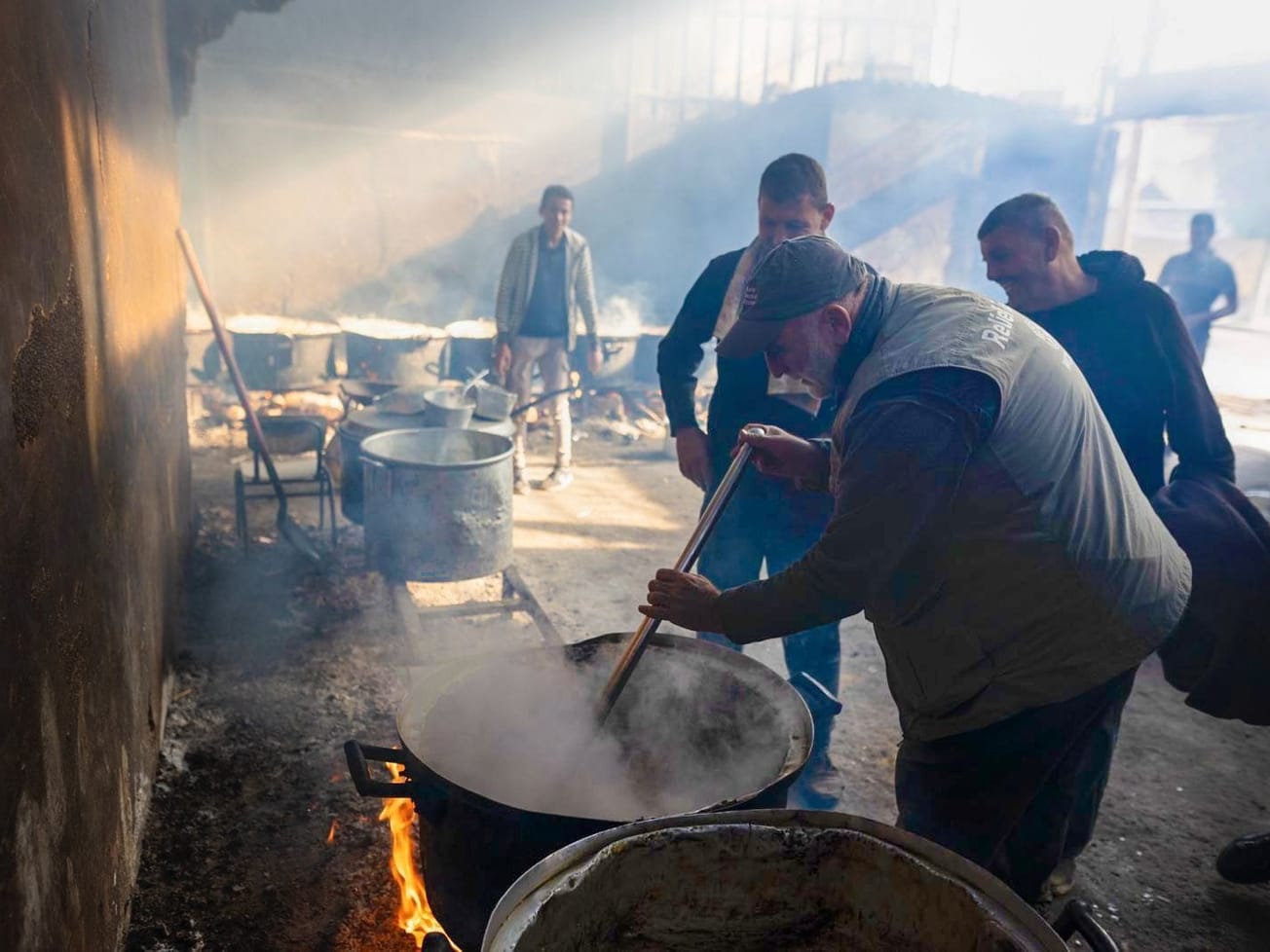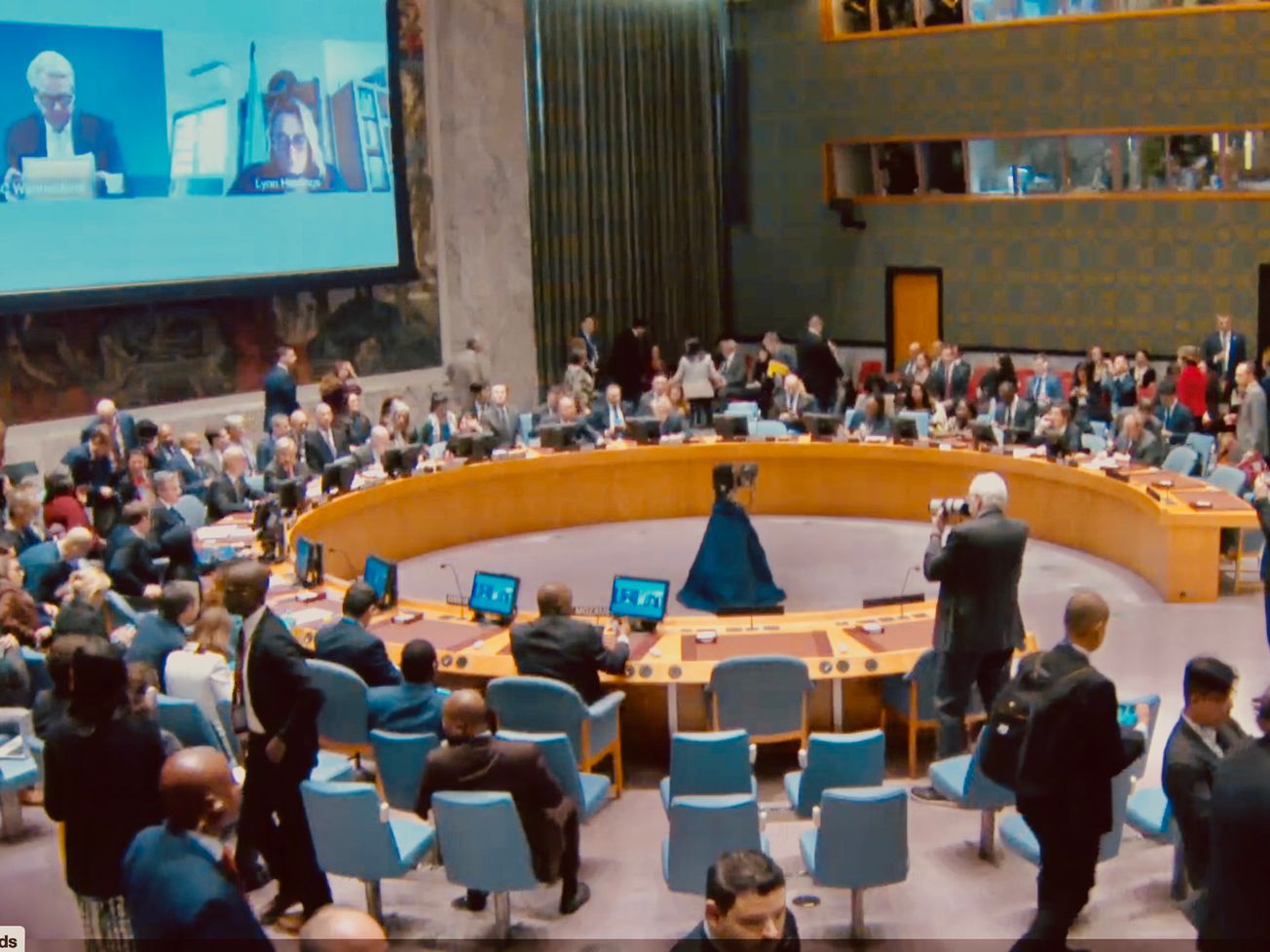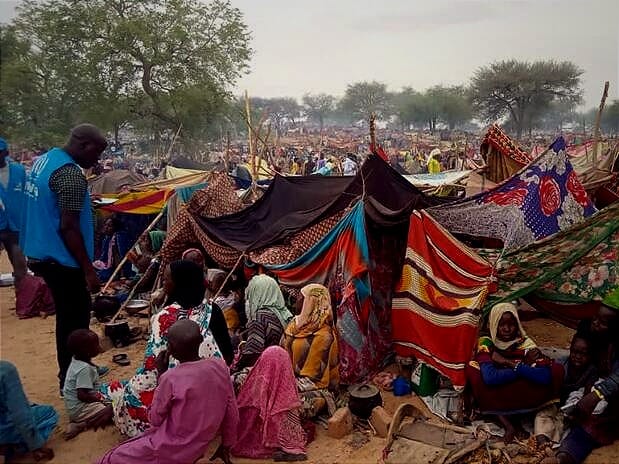
Sudan war crimes and famine risk intensify with killing of aid workers
IFRC confirmed the killing of five Sudanese Red Crescent volunteers at a food mission and three still missing.
Already have an account? Log in
IFRC confirmed the killing of five Sudanese Red Crescent volunteers at a food mission and three still missing.
The World Health Organization is the overall digital behemoth, boasting 82 million followers and subscribers.
The U.N. has launched a $139.6 million fundraising appeal to provide emergency shelter, food, and medical supplies.
A new low-pressure system in India is expected to bring more rain, and the high temperatures also are causing glacial melt.
An IFRC official says the difficult terrain where the quake struck could turn this into a 'protracted crisis' lasting months.
A vessel chartered by humanitarian groups had 87 rescued people on board when a Libyan patrol boat approached.
U.S. Geological Survey predictive modeling shows the death toll from a 7.7-magnitude earthquake could exceed 10,000.
Humanitarians scrambled to protect civilians as rebels toppled the Assad regime after a nearly 14-year civil war.
Developing nations say the global deal falls short. U.N. chief Guterres says it 'provides a base on which to build.'
The U.N. says the war in Gaza is the single-biggest factor in the deaths of 281 humanitarian aid workers this year.
The U.N. high commissioner for refugees cites 'many instances of violations of international humanitarian law.'
As the U.N. honored the Geneva Conventions, the Red Cross chief said non-compliance is a 'serious problem.'
The vote reflects the alarming number of attacks and threats that aid workers face each year around the world.
From Gaza to the Philippines, unseasonal temps in parts of Asia shut schools, hurt crops and challenged refugee camps.
At least 200 humanitarian workers have been killed in Gaza — more than 95% Palestinians – since the outbreak of war.
Israel pounded Gaza with increasingly intensifying airstrikes. The U.N. chief emphasized the rules of war must be obeyed.
